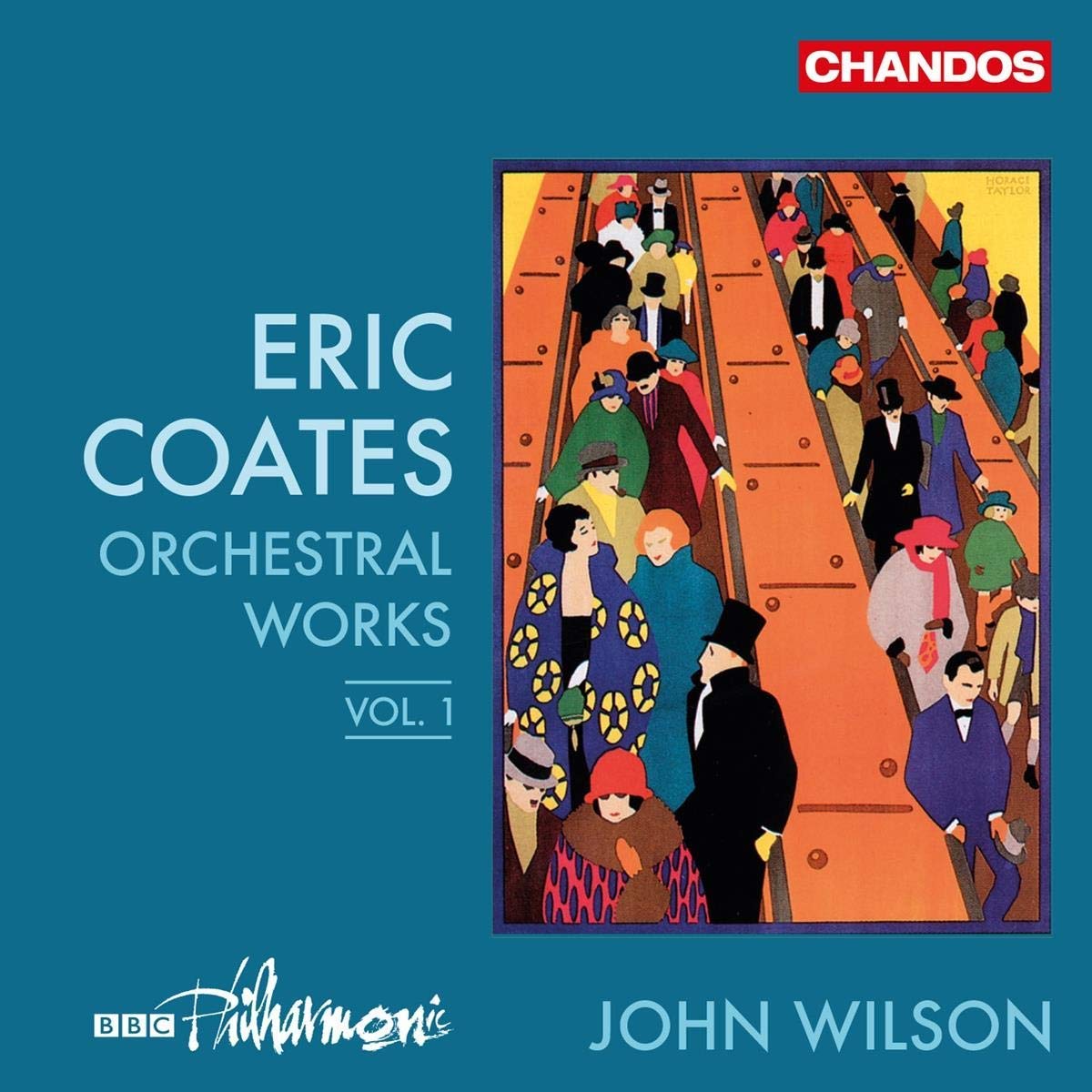The Platform review - timely, violent and effective



This lovely, contemplative Cannes prize-winner has something to teach us in testing times. Filmed in director Oliver Laxe’s grandparents’ Galician village, it observes convicted arsonist Amador’s return from jail to the fire-prone landscape he’s blamed for devastating.

In common with her literary forebear, Joanna Trollope’s light hand refrains from the introverted angst so common in contemporary novels. Her immensely readable, witty renderings of English middle-class life have entertained and enlightened over almost two dozen novels. She portrays characters on journeys for which they’re missing the map and exposes common dilemmas along the way.

Those of us who have to toil and sweat with other languages often feel a twinge of envy when we meet truly bilingual folk. That ability to switch codes, seemingly without any fuss, must confer so many benefits. More than ever, bilingualism blossoms across an increasingly connected world, often under the radar of social and educational policy. I know people who will claim to be no good at languages – in the formal, academic sense – and then phone their mum to chat in Urdu or in Greek.

 Eric Coates: Orchestral Works, Vol. 1 BBC Philharmonic/John Wilson (Chandos)
Eric Coates: Orchestral Works, Vol. 1 BBC Philharmonic/John Wilson (Chandos)

You can love Carmen as much as you like (as much as I do, for instance), and still have a certain sympathy for the poor director who has to find something new to say about a work so anchored in a particular style and place. For all its musical and dramatic brilliance, Bizet’s piece is a litter of stereotypes: the wild gipsy girl, the village ingénue, the strutting toreador, the smugglers (all forty or fifty of them), the Spanish dancers, the castanets, the wiggling hips.

The Almodovar who made his name as an all-out provocateur in the Eighties considers that wild art’s becalmed far side, in this quietly wonderful meditation on where it’s left him. Antonio Banderas leads familiar faces from throughout his career with an atypically quiet, Cannes prize-winning performance as Salvador Mallo, a world-famous, gay Spanish director who’s seemingly washed up.


Crowned queen of the percussive heel and the trouser suit, Sara Baras has the audience on its feet long before the final number of her show Sombras (Shadows). The Spanish superstar is a familiar presence at Sadler’s Wells, having fronted its annual two-week flamenco festival several times before. She’s a natural headliner with her big, glossy theatrics. Her current offering, though, is a thing of deep contrasts: light and dark, sound and silence, conviviality and yes, loneliness. There are moments when she almost has you believe it’s just you and her in the room.

Jeanette’s “Porque Te Vas” is a prime example of a type of Europop which – beyond a brief flirtation around 1968 to 1971: think Clodagh Rogers – Britain had little time for. It’s not quite schlager, but still has the tell-tale martial rhythm. The singing voice conforms with the breathy stereotype still favoured in France. Like the best bubblegum pop, the melody and brass-studded arrangement are instantly hooky.